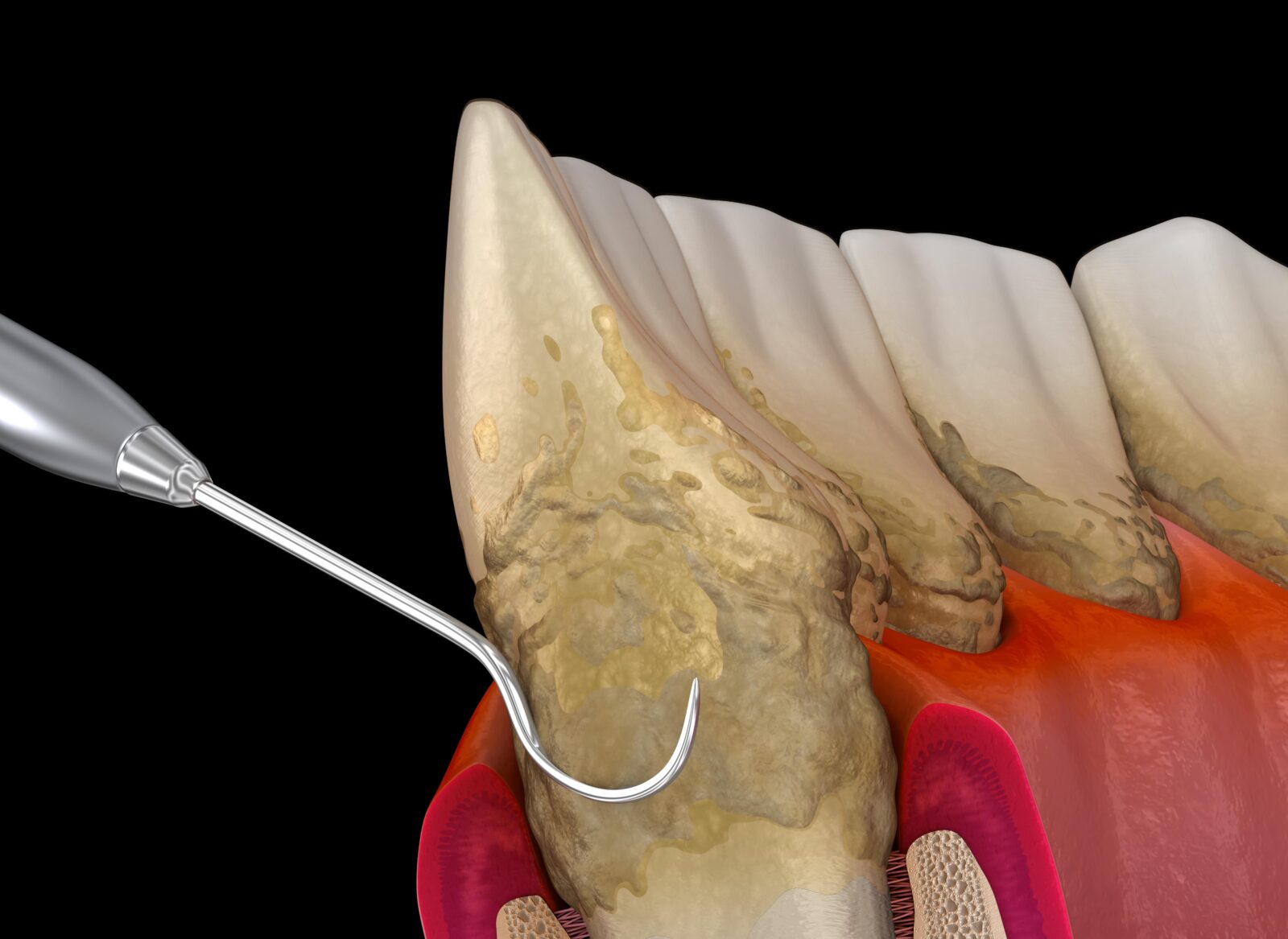Dental cleanings are an important part of keeping your teeth healthy. In fact, the American Dental Association recommends having your teeth cleaned at least once every six months to prevent tooth decay and gum disease. There are four different types of dental cleanings: prophylaxis, scaling and root planing, periodontal maintenance, and debridement. Each one has its own benefits depending on the current state of your oral health. Read this blog post to learn more about each type of cleaning.
Prophylaxis Cleaning
The word “prophylaxis” means “to prevent”, therefore prophylactic cleanings are focused on preventing tooth decay and gum disease by removing excess plaque and tartar from the surface of the teeth. This is one of the most common types of dental cleanings. During a prophylaxis cleaning, a dental hygienist will utilize a specialized metal or electric tool that uses thin water pulses, called a dental scaler, to remove plaque and tartar from the teeth’s surface. The entire front and back surface of your teeth will be cleaned using the scaler, then your hygienist will use a gritty toothpaste to brush your teeth. After they are flossed and rinsed, then a fluoride varnish will be applied to strengthen the enamel and minimize future plaque buildup.
Scaling and Root Planing (Deep Cleanings)

A scaling cleaning is also called a deep cleaning. This type of cleaning cleans out below the gum line, removing all bacteria as well as calculus buildup along the roots of your teeth. Like a prophylaxis cleaning, it involves the removal of plaque and calculus (tartar) from the tooth surfaces. However it also removes plaque and tartar from the tooth roots as well. Once the plaque and tartar have been removed, then the rough spots on the roots are smoothed out where plaque has attached itself. This can be done using ultrasonic instruments that vibrate at high speeds or other special tools. Scaling cleanings are usually performed to treat gum disease.
Periodontal Maintenance
Periodontal maintenance cleanings are less intense than scaling and root planning because it they are usually performed more often than every six months. In fact, they are primarily performed on patients with periodontitis, an advanced form of gum disease. The goal of periodontal maintenance cleanings is to prevent periodontal disease from getting worse by controlling the amount of bacteria in the mouth. These cleanings are usually scheduled every 3-4 months for the best treatment outcomes.
Debridement Cleanings
Debridement cleanings are performed in cases where an individual has an excessive amount of tartar buildup on the teeth. Since large amounts of tartar accumulations cannot be removed using a dental scaler alone, debridement cleanings are basically heavy duty cleanings that remove years of tartar buildup. Special motorized tools are used during a debridement cleaning in order to chip away at and loosen tartar pieces. Only when the excess tartar has been removed can a prophylactic cleaning then be performed to clean the rest of the debris inside the mouth. In most situations, debridement cleanings must be conducted one quadrant at a time because they usually need dental anesthetics and/or sedation to maintain patient comfort.

Got Dental Anxiety? Try Dental Sedation!
Despite the fact that the American Dental Association recommends having your teeth cleaned at least once every six months, some people ignore this recommendation due to dental anxiety. Unfortunately, however, not having regular teeth cleanings can have serious repercussions on your oral health and it may eventually result in the need for more invasive dental treatments.
In order to prevent dental issues and ensure that you are having your teeth cleaned at the recommended intervals, why not try dental sedation? Dental sedation is a safe and effective treatment that provides you with greater control over your dental anxiety. By combining sedation methods such as nitrous oxide or oral conscious sedation, both of which are completely safe, patients who have significant levels of dental anxiety can undergo cleanings without any discomfort. Dentists also recommend this form of sleep dentistry because they know it will make the process go by much faster when you aren’t feeling anxious about what is going on in your mouth.
In Conclusion
There are several types of dental cleanings that can be performed to treat different oral health issues. The type you need will depend on the severity and nature of your condition, but we hope these explanations give you a better idea about what each entails. For those with dental anxiety, dental sedation can also be used during any type of cleaning to ensure your comfort.
